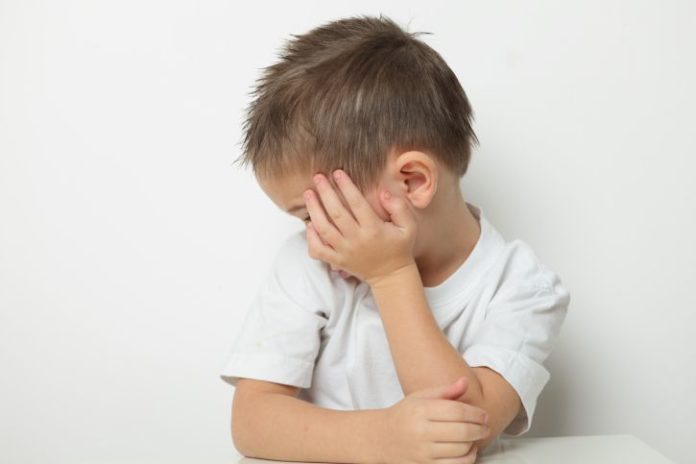A research review from the Telethon Institute for Child Health Research has cast doubt on the effectiveness of some complementary and alternative therapies for children with autism.
The review by leading Autism researcher Dr Andrew Whitehouse, and his team, found little scientific evidence that many of the alternative therapies being tried on autistic children actually work.
Previous studies have shown that up to 95 per cent of children with autism use complementary and alternative medicine, compared with around 30 per cent in the general population.
“Many of these medicines and treatments are draining on both the family budget and emotions, yet there is very little scientific evidence that they work,” said Dr Whitehouse.
“By conducting this review we hope to provide parents with a clearer idea of what works and what doesn’t, so we can continue to provide them with the most effective research and better treatment options.”
Dr Whitehouse’s team reviewed a range of international studies that looked at the use of complementary and alternative therapies in autism treatment, including modified diets, immune therapy, vitamin and fatty acid supplementation and hyperbaric oxygen therapy. In all cases the research review found there was insufficient evidence that these treatments have any benefits.
There was evidence that melatonin – a natural human hormone that can be synthetically created as medicine – did help children with autism improve their sleep patterns by improving the length of the child’s sleep and how quickly they get to sleep.
“We know that many families are desperate to try new therapies that may provide some help or relief for their child,” Dr Whitehouse said.
“This review clearly demonstrates a need for high quality research into alternative autism therapies and their effectiveness to help give some much-needed answers to families of children living with autism.”











